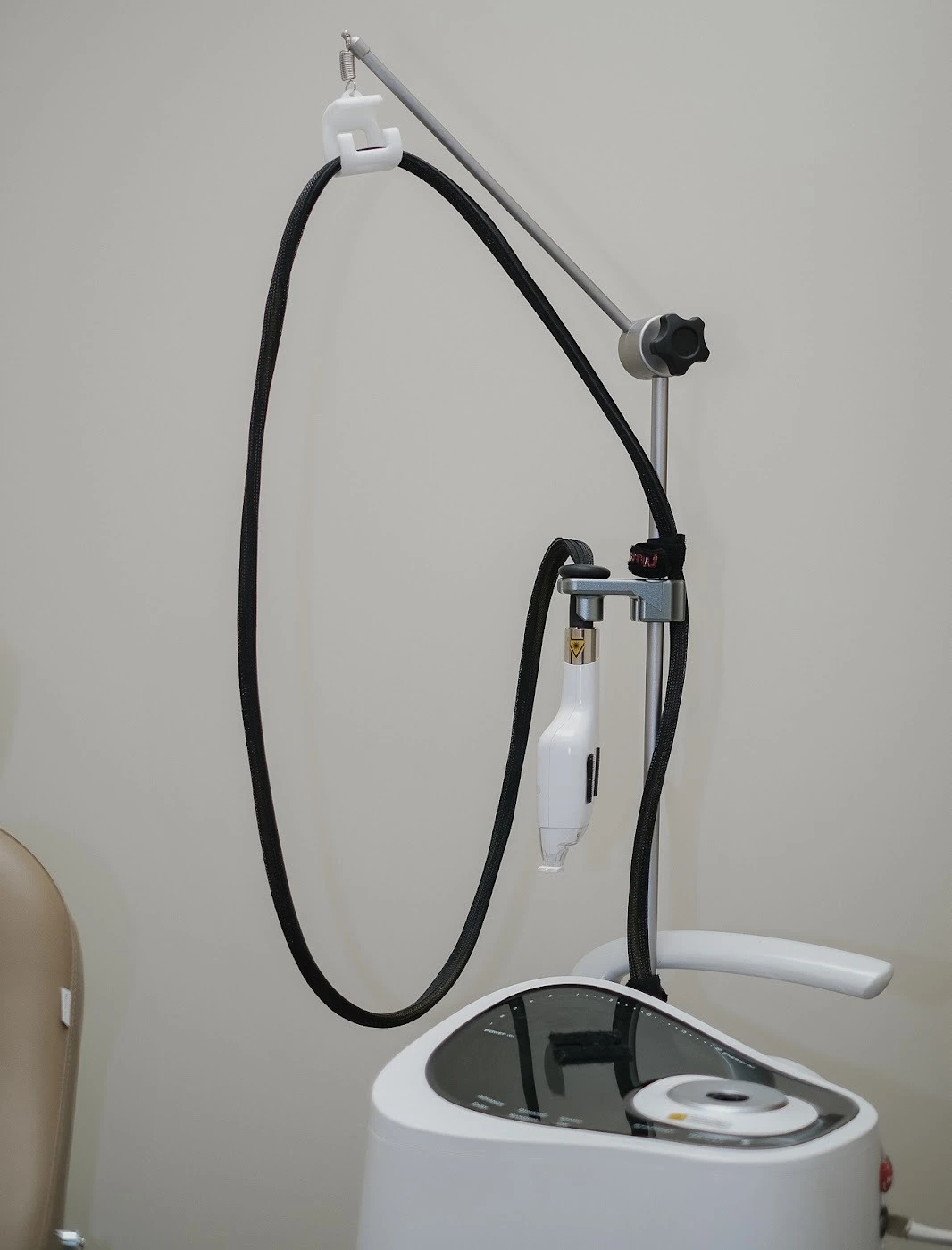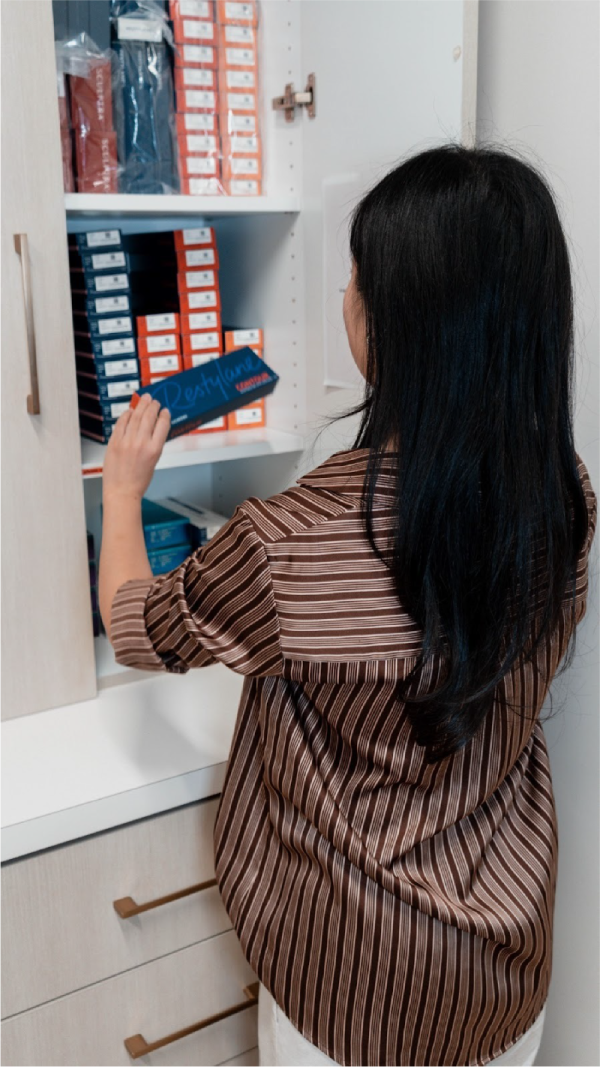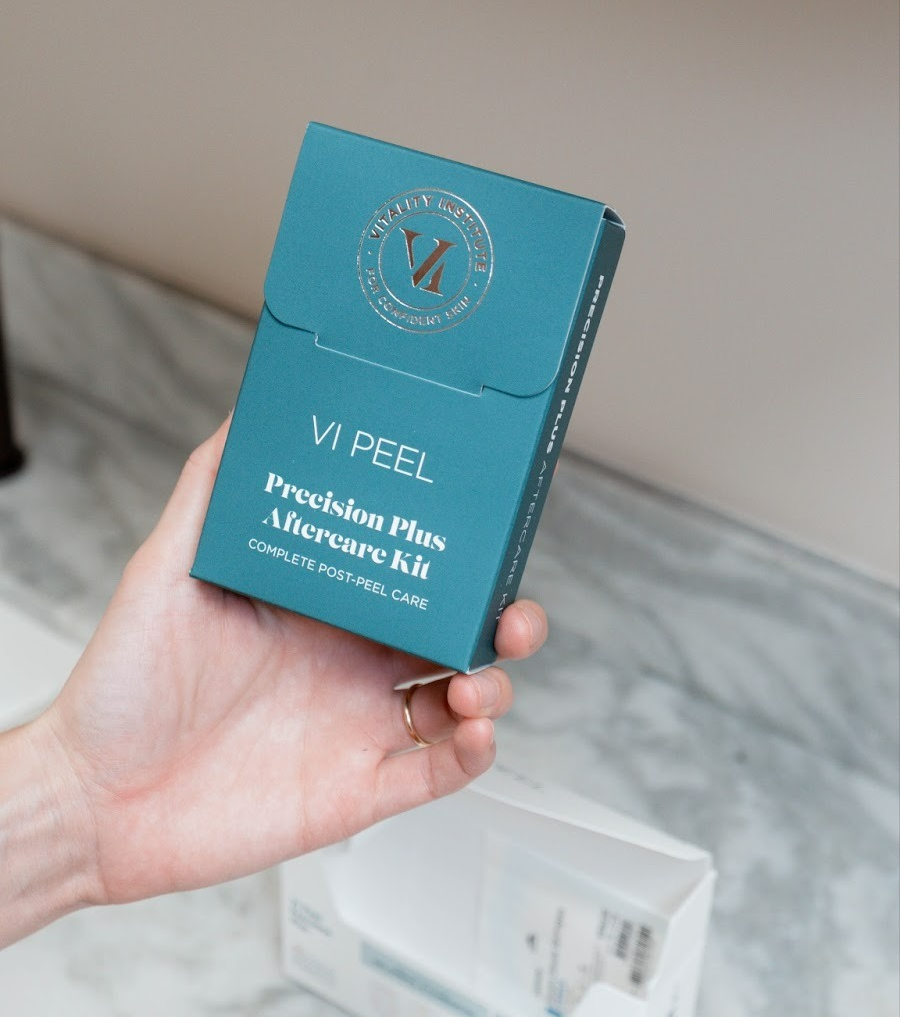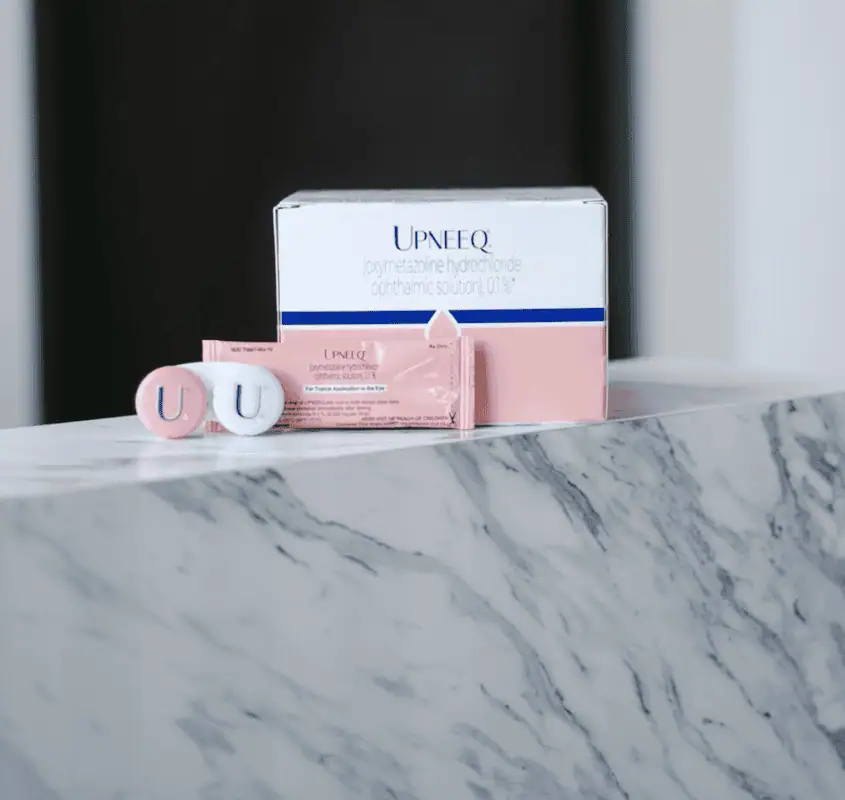
Mineral vs. Chemical Sunscreen – Does it Matter?

Any skincare routine should include sunscreen. Sunscreen protects you from the sun’s harmful ultraviolet (UV) rays, which can cause premature aging, skin damage, and even cancer. However, with the myriad of sunscreen options available, you may find yourself wondering which type is best for you: mineral or chemical sunscreen.
Keep reading to learn the differences between these two types of sunscreens, their benefits, and potential drawbacks. This information can help you make an informed decision and ensure your skin stays protected and healthy.
What is Mineral Sunscreen?
Zinc oxide and titanium dioxide are examples of active mineral components included in mineral sunscreens, sometimes referred to as physical sunscreens. Known as sunblock minerals, these minerals are found on the surface of the skin and function by physically blocking and reflecting the sun’s rays.
How Mineral Sunscreen Works?
Putting mineral sunscreen on your skin creates a physical barrier. When applied, the zinc oxide and titanium dioxide particles scatter and reflect UV radiation, preventing it from penetrating the skin. This immediate protection makes mineral sunscreens popular for those looking for instant sun protection.
Benefits of Mineral Sunscreen
- Immediate Protection: Unlike chemical sunscreens that require about 20 minutes to become effective, mineral sunscreens offer instant protection upon application.
- Broad-Spectrum Protection: Mineral sunscreens provide broad-spectrum protection, shielding the skin from UVA and UVB rays.
- Gentle on Sensitive Skin: People with sensitive skin, rosacea, or eczema often recommend mineral sunscreens because they don’t contain as many potentially irritating chemicals.
- Environmentally Friendly: Mineral sunscreens are generally considered safer for marine life and coral reefs, as they do not contain oxybenzone and octinoxate, chemicals linked to coral bleaching.
Drawbacks of Mineral Sunscreen
- Thicker Consistency: Mineral sunscreens tend to have a thicker, sometimes chalky consistency, which can make the skin look white, particularly on those with darker complexions.
- Frequent Reapplication: Due to their physical nature, mineral sunscreens can be easily rubbed off or washed away, requiring more frequent reapplication, especially during physical activities or swimming.
What is Chemical Sunscreen?
Chemical sunscreen, also known as organic sunscreen, contains organic (carbon-based) compounds such as oxybenzone, avobenzone, octinoxate, and octocrylene. These ingredients absorb UV radiation and convert it into heat, which the skin then releases.
How Chemical Sunscreen Works?
Chemical sunscreens penetrate the skin’s surface and absorb UV radiation. The absorbed UV rays are then transformed into heat, which dissipates from the skin. This process helps prevent UV rays from causing cellular damage.
Benefits of Chemical Sunscreen
- Cosmetically Elegant: Chemical sunscreens typically have a thinner, more fluid consistency that spreads easily and leaves no white cast, making them more suitable for everyday wear under makeup.
- Less Product Needed: Because they blend more easily into the skin, less product is needed to cover the same area compared to mineral sunscreens.
- Water-Resistant Formulations: Many chemical sunscreens are formulated to be water-resistant, making them a good choice for activities involving water or sweating.
Drawbacks of Chemical Sunscreen
- Potential Irritants: Some individuals may experience skin irritation or allergic reactions to certain chemical ingredients. Oxybenzone and avobenzone, in particular, have been known to cause reactions in sensitive skin.
- Environmental Concerns: Ingredients like oxybenzone and octinoxate have been linked to coral reef damage and are banned in some regions to protect marine ecosystems.
- Delayed Protection: Chemical sunscreens need about 20 minutes to fully absorb and become effective, requiring careful planning before sun exposure.
Comparing Mineral and Chemical Sunscreens
Efficacy and Protection
Both mineral and chemical sunscreens offer effective protection against harmful UV rays. Mineral sunscreens reflect UV rays, while chemical sunscreens absorb and neutralize them. When choosing between the two, consider factors like the timing of application, skin sensitivity, and specific activities planned for the day.
Skin Type and Sensitivity
Mineral sunscreens are generally better suited for sensitive skin types due to their gentler formulations. They’re less likely to cause allergies or irritation. On the other hand, chemical sunscreens, with their lighter texture, may be preferable for those who prioritize ease of application and cosmetic appearance, especially for daily use under makeup.
Environmental Impact
Environmental considerations are becoming increasingly important in skincare choices. Mineral sunscreens are typically more eco-friendly, as they do not contain ingredients harmful to coral reefs. Chemical sunscreens with certain ingredients like oxybenzone and octinoxate can contribute to coral bleaching and are subject to bans in various locations.
Reapplication and Longevity
Mineral sunscreens may require more frequent reapplication, especially during sweating or swimming activities, as they can be easily washed off. Chemical sunscreens, particularly those labeled as water-resistant, might offer longer-lasting protection in such conditions. However, both types of sunscreen should be reapplied every two hours for optimal protection.
Making the Right Choice
Consider Your Lifestyle
A sunscreen suitable for your lifestyle and daily activities will depend in large part on those factors. If you frequently engage in outdoor activities or water sports, it may be more convenient to use a water-resistant chemical sunscreen. Conversely, if you have sensitive skin or spend a lot of time in marine environments, a mineral sunscreen could be the better option.
Patch Testing
Make sure that a particular sunscreen does not cause any adverse reactions by conducting a patch test. The product should be applied to a discreet area of the skin for a period of 24 hours and monitored for signs of irritation.
Broad-Spectrum Protection
Regardless of your choice between mineral and chemical sunscreen, ensure the product offers broad-spectrum protection. This means it should protect against UVA and UVB rays, providing comprehensive coverage against sun damage.
SPF Rating
The Sun Protection Factor (SPF) rating is crucial in determining the effectiveness of a sunscreen. According to dermatologists, it is generally recommended to use sunscreen with an SPF of at least 30, which is estimated to block approximately 97% of UVB rays. Higher SPF ratings offer slightly more protection but should not replace regular reapplication.
So, does it matter which type of sunscreen to use?
Choosing between mineral and chemical sunscreen ultimately depends on your individual skin type, lifestyle, and personal preferences. Both types offer valuable sun protection, but they have distinct characteristics that may make one more suitable for you than the other. By understanding the differences and benefits of each, you can make an informed decision that ensures your skin remains protected and healthy under the sun.
At The Skin Clinic, we understand the importance of finding the right sun protection for your unique needs. Our team of skincare experts is here to help you choose the best sunscreen and provide personalized advice to keep your skin healthy and radiant. Contact us today to schedule a consultation and take the first step towards better sun care!
Recent Posts


Facial Balancing in Houston: Restore Symmetry & Natural Beauty

Dysport® vs. Botox®: The Key Differences

VI Peels Explained: Your Comprehensive Guide to Skin Rejuvenation

Upneeq for Bright, Alert Eyes: Who It’s For and How It Works


